EdTech’s potential for effective mother tongue education
Read the full research report here. Read the full research report in Bangla here. The Marma community is the second largest Indigenous community in […]
Bangladesh and Myanmar: language needs across borders
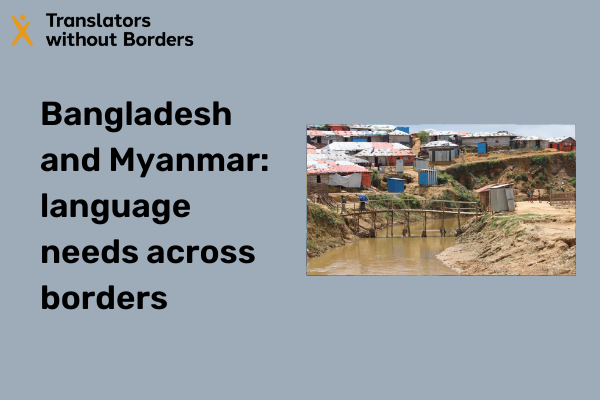
The Rohingya are marginalized in Myanmar society, as reflected in their lack of legal status and recognition as citizens. Across the border in Bangladesh, […]
“How can we contribute if we can’t participate?” The accessibility of humanitarian guidance to local and national organisations
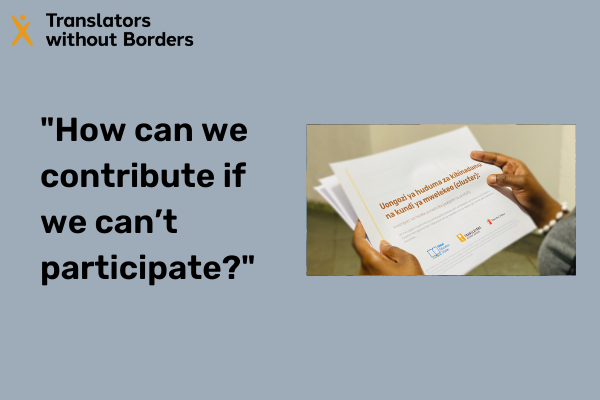
Navigating global guidance
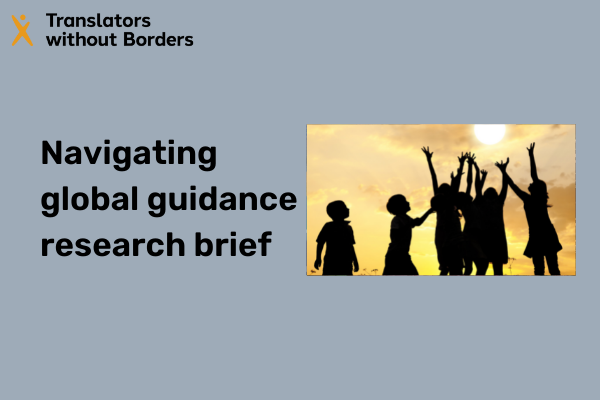
Language for learning: How language use affects Rohingya children’s educational experience in Cox’s Bazar
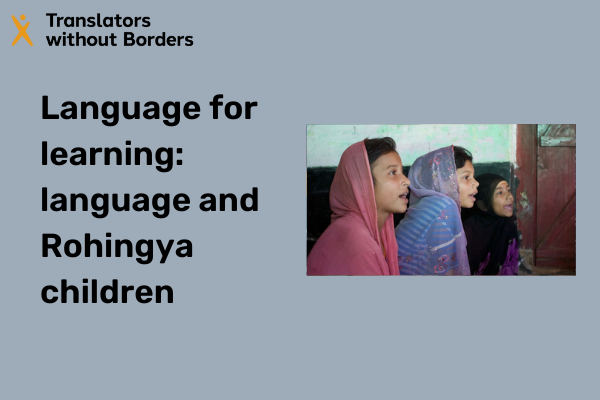
This report examines how language use affects Rohingya refugee children’s educational experience in the camps around Cox’s Bazar in Bangladesh. We identified four key […]
Language diversity in the COVID-19 pandemic
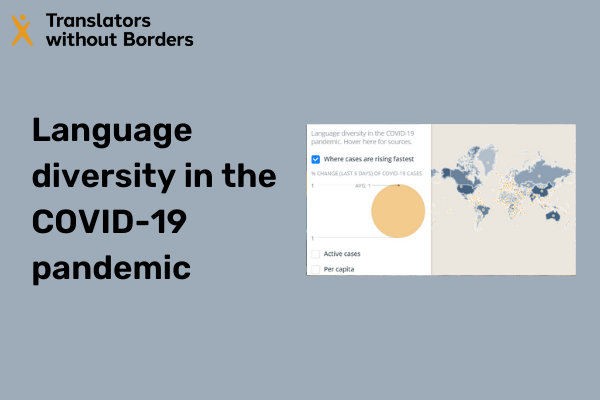
People have a right to access the information they need during the COVID-19 pandemic. Yet often that information is not available in languages and […]
Οδηγός Πεδίου για την Ανθρωπιστική Διερμηνεία και την Πολιτισμική Διαμεσολάβηση
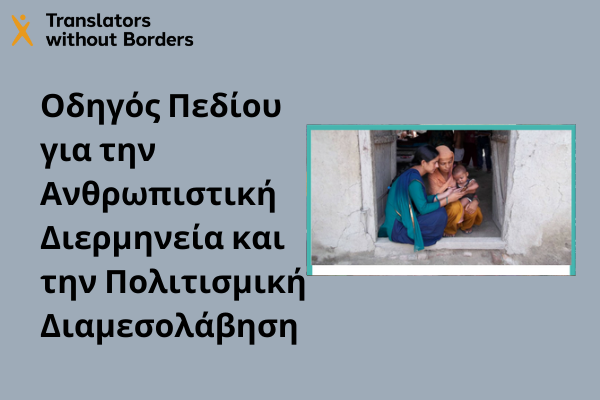
Ο οδηγός αυτός καταρτίστηκε από τους Translators without Borders (TWB) για υποστήριξη των υπευθύνων πεδίου, των διερμηνέων και των πολιτιστικών διαμεσολαβητών στις καθημερινές επαφές […]
Guía de campo para la interpretación humanitaria y la mediación cultural
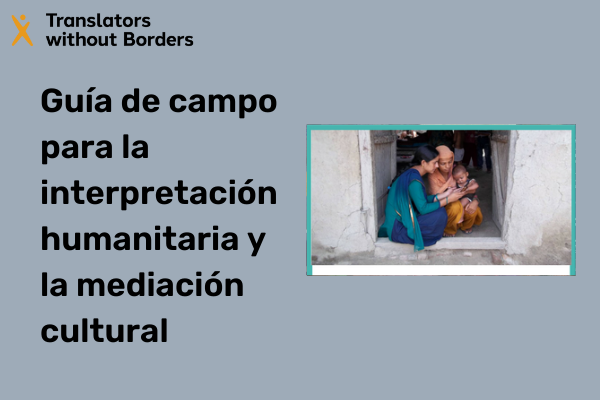
Translators without Borders (TWB, Traductores sin Fronteras) ha elaborado esta guía para brindar apoyo a los directores de campo humanitarios, intérpretes y mediadores culturales […]
Field guide to humanitarian interpreting and cultural mediation
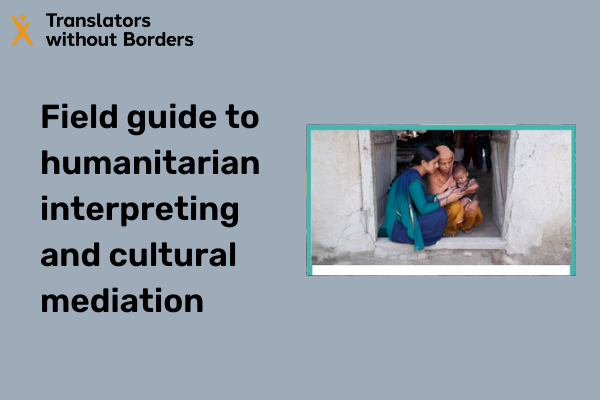
This guide has been developed by Translators without Borders (TWB) to support humanitarian field managers, interpreters and cultural mediators in their daily interactions and […]
Rohingya refugee crisis response – an update
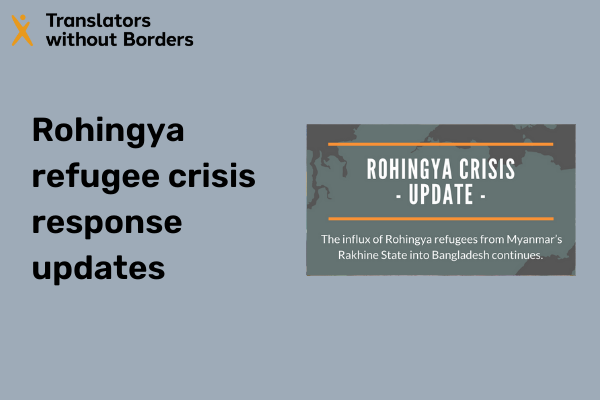
The Translators without Border team is implementing a program in Cox’s Bazar Bangladesh that will develop language capacity and resources in the language and […]